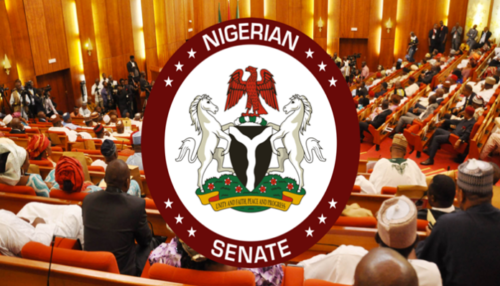By Becky Usman
The Nigerian Senate has recently exposed how Ministries, Departments, and Agencies (MDAs) of the federal government misused Service Wide Votes (SWV) amounting to approximately N3.8 trillion between 2017 and 2021. This revelation came to light during an investigation conducted by the Senate Committee on Public Accounts. In response to the findings, the Senate has advised the Executive to adopt a supplementary budget approach for addressing emergencies, rather than relying on the Service Wide Vote mechanism.
According to Senator Mathew Urhoghide, the chairman of the committee, the current use of Service Wide Votes undermines the approval powers of the National Assembly and should be replaced with a more transparent supplementary budget process. The committee’s investigation involved summoning 207 government agencies, but only 119 appeared for defense, while 85 agencies chose to ignore the invitations. Notable absences included the State House, Independent National Electoral Commission (INEC), and the Ministries of Finance, Budget and National Planning, Foreign Affairs, and Petroleum Resources.
The committee’s report, which was endorsed by the Senate, revealed that some agencies received funds from the Office of the Accountant General of the Federation without submitting formal requests. Additionally, hundreds of billions were allegedly allocated for salary shortfalls, despite these agencies having already received appropriate funding for personnel emoluments through the Integrated Payroll and Personnel Information System (IPPIS).
The Senate further discovered that MDAs failed to disclose crucial transaction documents related to Service Wide Votes, such as payment vouchers and vote books. In light of these findings, the Senate has urged the Executive to limit the release of Service Wide Votes to genuine recurrent emergencies or shortfalls, supported by satisfactory proof. The Senate also recommended a comprehensive investigation into the operations of the IPPIS to address the increasing cases of irregularities within the system.

